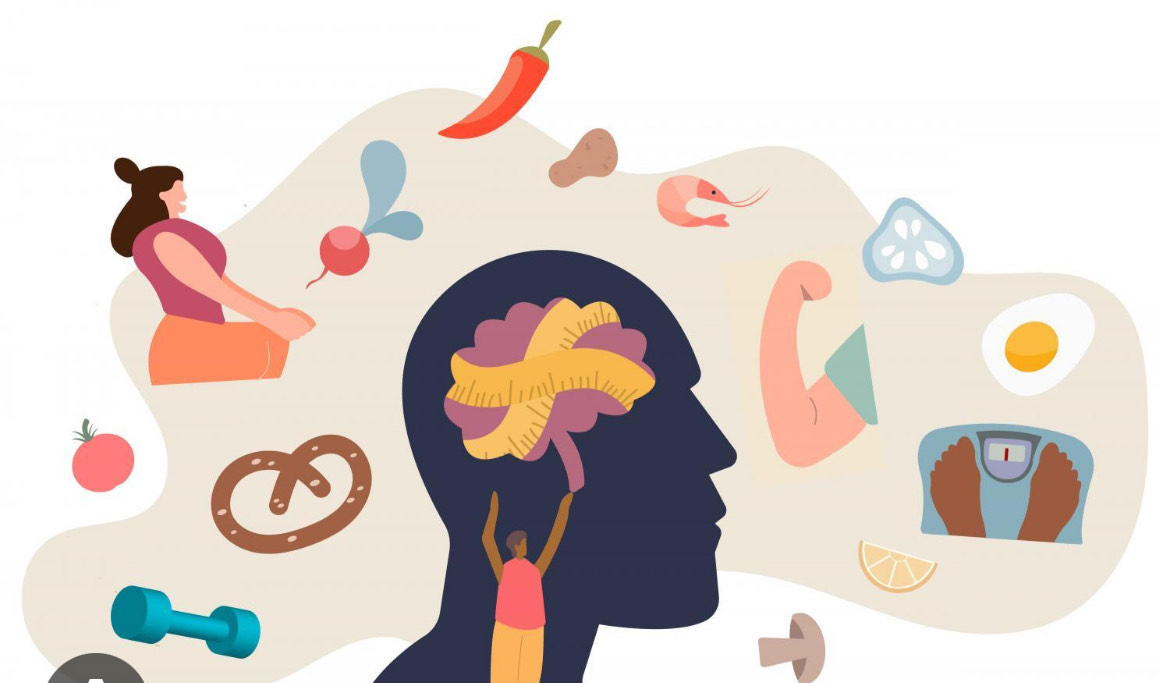The silent epidemic of eating disorders is now gripping the lives of young boys and girls, redefining the landscape of adolescent health. Through unrealistic body images of themselves, many believe they need to achieve, is changing the lives of both genders. In recent times, an alarming “trend” has emerged in societal health. Eating disorders, once thought to predominantly affect girls, are increasingly seen in both genders. This is a growing concern that needs immediate attention.
Eating disorders are severe conditions related to persistent eating behaviors that negatively impact health, emotions, and the ability to function in important areas of life. They are often linked to body dissatisfaction, a factor that is not exclusively female. Boys too, influenced by societal pressure to keep the “ideal body”, are falling prey to these disorders. A study conducted by the National Eating Disorder Association (NEDA) revealed that the number of boys suffering from eating disorders has seen an alarming rise in recent years.
This rise calls for a shift in the perception of eating disorders. It is essential to understand that these disorders do not discriminate based on gender. A stronger emphasis on mental health awareness, early detection, and intervention is needed. Many people nowadays are struggling tremendously, and it shouldn’t be taken lightly. While many believe eating disorders is a way to gain “attention,” it truly is a life-threatening illness. Eating disorders can have serious consequences on both physical and mental health. Some possible results include malnutrition, electrolyte imbalances, organ damage, weakened immune system, bone loss, heart problems, and even death in severe cases. Additionally, eating disorders can lead to social isolation, depression, anxiety, and other psychological challenges.
A most common cause for eating disorders in boys and girls is the unrealistic body image and social status that the social media makes us believe we need to not only achieve but also maintain. In this generation many young teens see various photo shopped images of both genders on the internet, and it leaves them wondering why they aren’t as “perfect.”. Giving them the urge to conduct serious intense measures to achieve this image.
The need for open conversations about body image and mental health is more crucial than ever. By addressing these issues, our society can work towards a future where eating disorders in boys and girls are not just less common but also less stigmatized.








